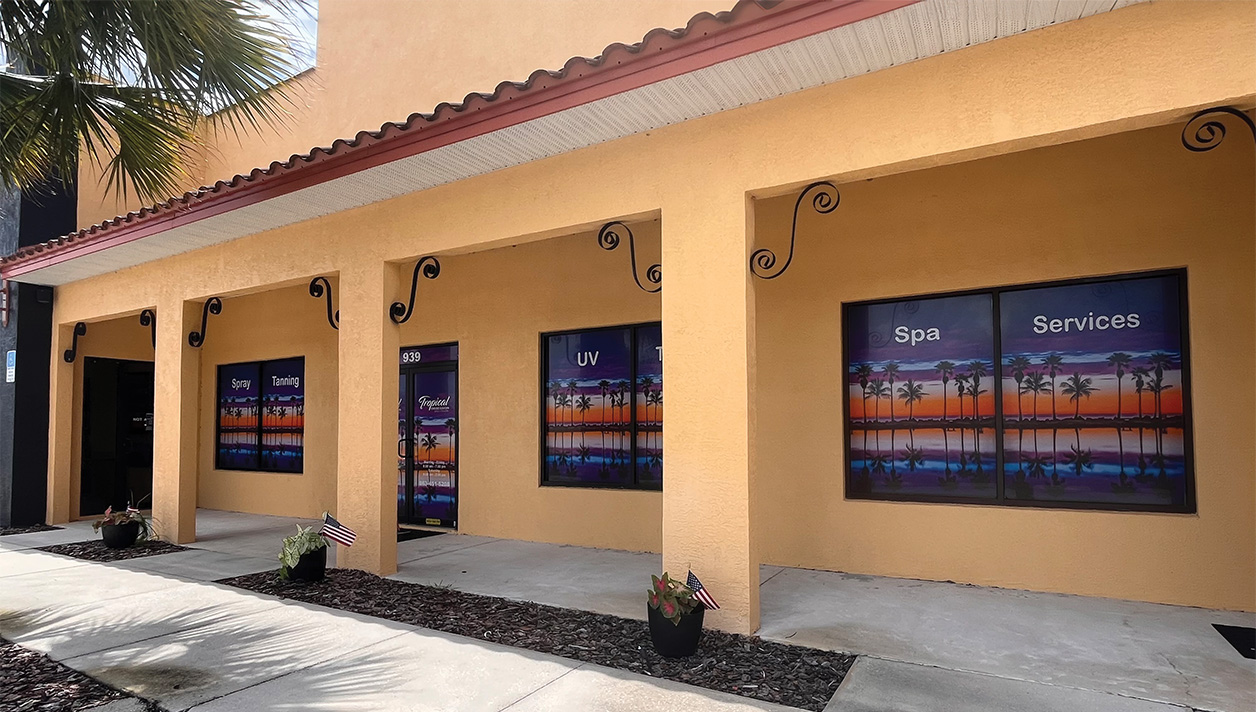CT scans after 20 years show healthier arteries, study says
Young adults who eat more than five servings of fruits and vegetables a day have healthier hearts when they’re older, a new study finds.
Researchers divided more than 2,500 young adults into three groups based on how many fruits and vegetables they ate.
Twenty years later, CT scans showed that those who ate the most fruits and vegetables as young adults were 26 percent less likely to have calcified plaque in their arteries than those who ate the least. This plaque is associated with hardening of the arteries, which increases the risk of heart disease.
“People shouldn’t assume that they can wait until they’re older to eat healthy – our study suggests that what you eat as a young adult may be as important as what you eat as an older adult,” said study author Dr. Michael Miedema, senior consulting cardiologist and clinical investigator at the Minneapolis Heart Institute.
Women in the top third consumed an average of nearly nine servings of fruits and vegetables a day, while men in this group ate more than seven servings.
Among those in the bottom third, women averaged about three servings a day and men averaged about two-and-a-half servings.
The study was published Oct. 26 in the journal Circulation.
Previous research has found a strong link between higher consumptions of fruits and vegetables and lower heart disease risk among middle-age adults. However, this study is the first to show that eating more fruits and vegetables as a young adult can help protect the heart many years later, the researchers said.
Although the study doesn’t prove that greater fruit-and-vegetable intake alone led to the healthier arteries, the results appear promising, they added.
“Our findings support public health initiatives aimed at increasing fruit and vegetable intake as part of a healthy dietary pattern,” Miedema said in a journal news release. “Further research is needed to determine what other foods impact cardiovascular health in young adults.”
SOURCE: Circulation, news release, Oct. 26, 2015
HealthDay





























